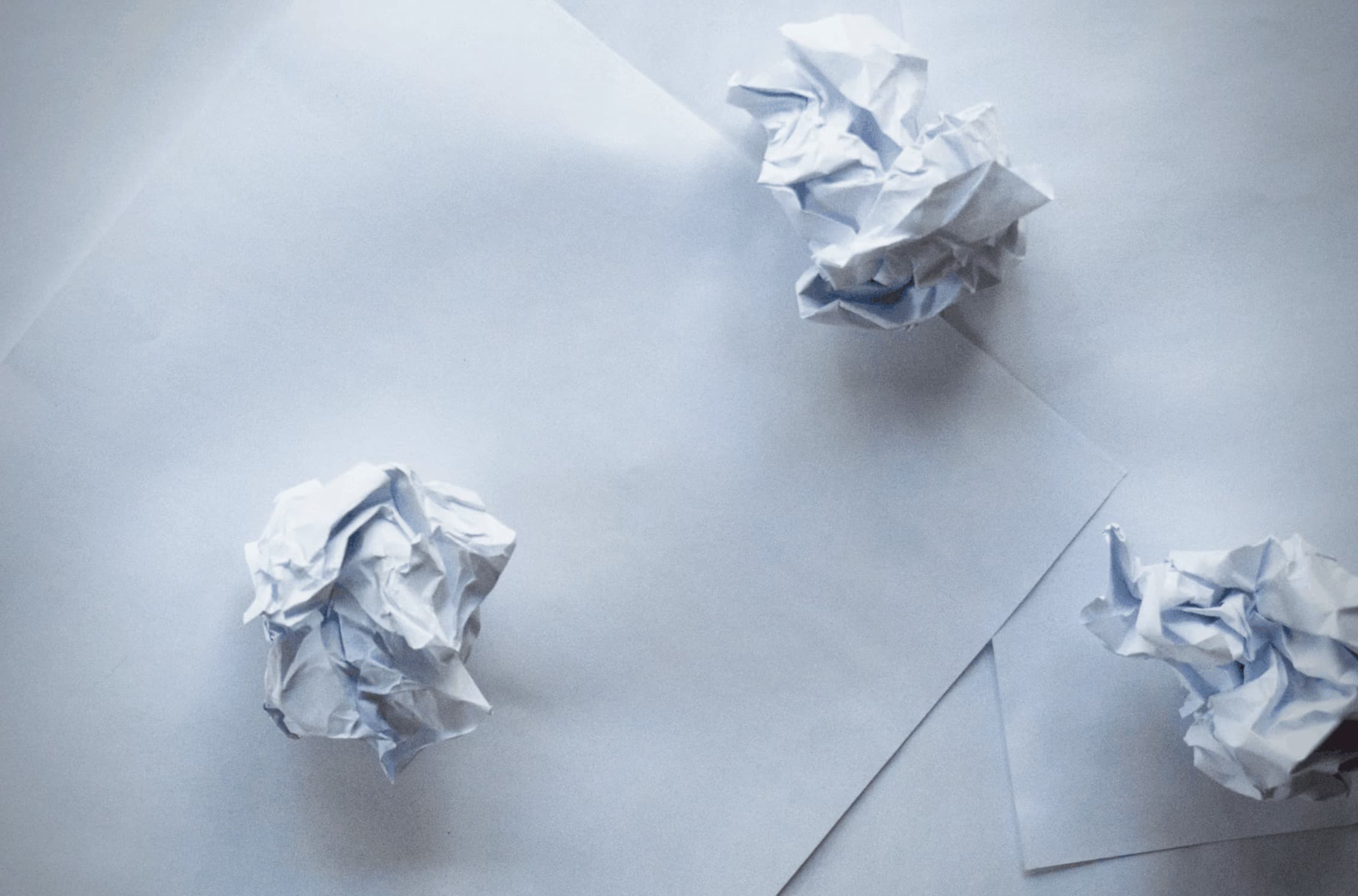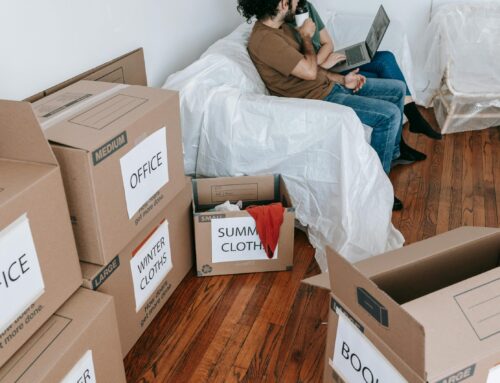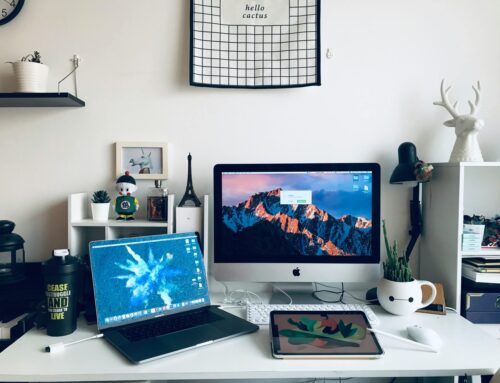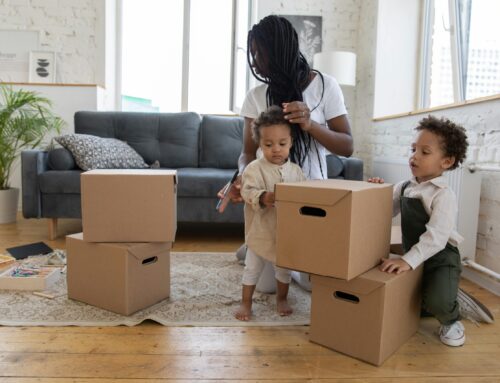With so many things to consider and plan for during a move, one of the biggest challenges is dealing with all the paperwork and documents that need to be moved with you. From important financial documents to sentimental items like old family photos and letters, it can be overwhelming to try and organize and transport everything safely. However, there is a solution that can make the moving process much easier: going paperless.
Going paperless is a trend that has been gaining popularity in recent years, as more and more people realize the benefits of digital storage and organization. By digitizing your important documents and files, you can reduce clutter, save time and money, and make it easier to access and share information. And when it comes to moving, going paperless can be a lifesaver.
Here are some tips for going paperless during your move:
Start early
The key to going paperless is to start early. Begin by creating a digital inventory of all your important documents and files. This could include things like bank statements, tax records, medical records, insurance policies, and personal records like birth certificates and passports. Scan each document and save it to a secure, cloud-based storage system like Google Drive or Dropbox. Label each file clearly so you can find it easily later.
Sort and declutter
Once you have scanned and saved all your important documents, it’s time to sort and declutter. Go through your files and determine what you really need to keep and what can be disposed of. Shred any documents that contain sensitive information like social security numbers or account numbers. Donate or recycle any papers or magazines that you no longer need.
Get rid of unnecessary paper
Once you have sorted and decluttered your documents, it’s time to get rid of unnecessary paper. Cancel any subscriptions or mailings that you no longer need or want. Opt for paperless billing and statements wherever possible, and unsubscribe from any mailing lists or newsletters that are cluttering up your inbox. Consider utilizing junk removal services to dispose of any excess paper or other unwanted items in an environmentally friendly manner.
Organize your digital files
Now that you have gone paperless, it’s important to organize your digital files. Create folders and subfolders for different types of documents, and label them clearly so you can find what you need quickly. Consider using a document management system like Evernote or OneNote to keep track of your digital files and notes.
Label your boxes
When it comes time to pack up your belongings, make sure you label your boxes clearly. Use a labeling system that makes sense to you, such as labeling boxes by room or by category (e.g. kitchen, bedroom, office). Include a list of the contents of each box so you can find what you need quickly.
Use a moving app
There are many moving apps available that can help you stay organized and keep track of your belongings. Apps like Sortly and MoveAdvisor allow you to create a detailed inventory of your items, including photos and descriptions, and track them throughout the moving process. This can be especially helpful if you are using a moving company or need to keep track of items in storage.
Dispose of old electronics responsibly
As you go paperless, you may also be getting rid of old electronics like computers, printers, and scanners. It’s important to dispose of these items responsibly, as they can contain sensitive information that could be stolen if not properly disposed of. Consider donating or recycling your old electronics, or taking them to a certified e-waste disposal facility.
Going paperless during your move can be a great way to reduce clutter, save time and money, and make it easier to access and share important information. By following these tips, you can streamline your move and make the transition to your new home as smooth as possible. Consider hiring a professional moving company to handle the logistics of your move, including packing and transporting your belongings, to ensure a seamless and stress-free experience.





